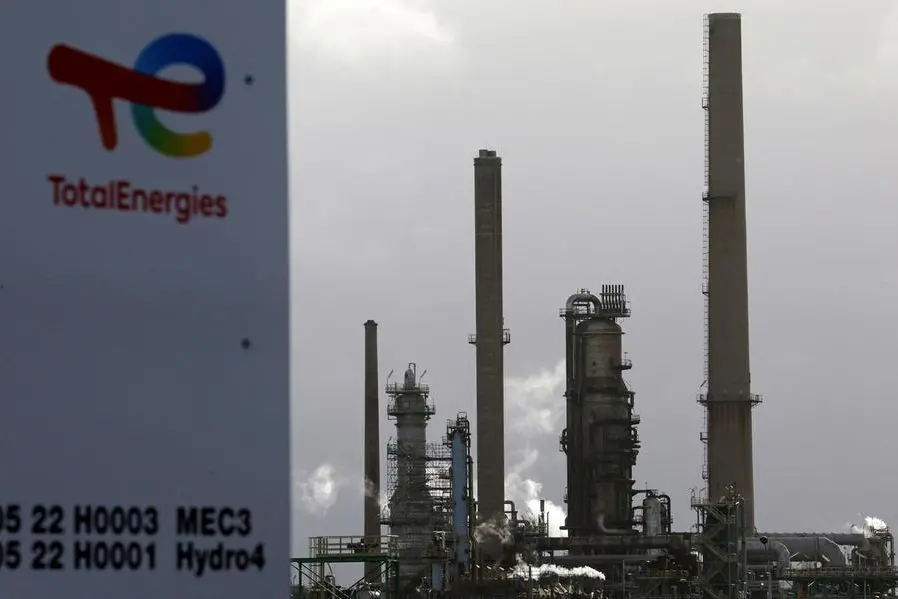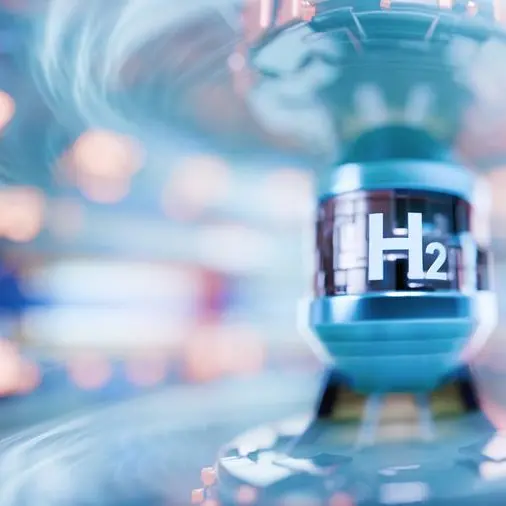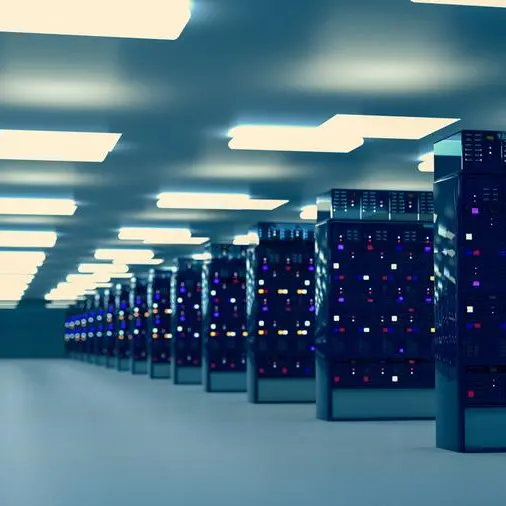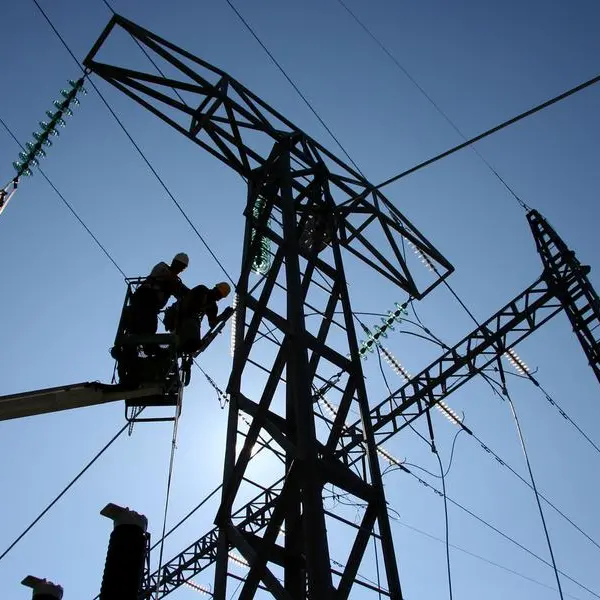PHOTO
French oil major TotalEnergies will study plans for a renewable energy project to produce hydrogen and ammonia in Morocco for delivery to Europe, which is seeking to increase use of the fuels as part of its energy transition.
The agreement was announced late on Monday during French President Emmanuel Macron's visit to Morocco, as part of a package of deals worth more than 10 billion euros ($10.81 billion) for both countries.
The Chbika project would build 1 gigawatt of onshore wind and solar farms near the Atlantic coast in Morocco's Guelmim-Oued Noun region - close to the disputed Western Sahara territory that Morocco claims, with France's support.
The Moroccan government agreed to the reservation of land to allow the companies to launch preliminary engineering and design (pre-FEED) studies.
Once operational, renewable electricity would be used to extract hydrogen from desalinated seawater, and then to produce 200,000 metric tons of ammonia annually for export to Europe.
"This project will constitute the first phase of a development programme aimed at creating a world-scale green hydrogen production hub," Total's statement reads.
Renewable ammonia can be used to reduce the greenhouse gas footprint of producing fertiliser and has potential as a low-emissions marine fuel.
It is also being studied as a chemical carrier to allow the marine shipment of hydrogen because it can be more easily liquefied than hydrogen gas.
The European Union's Green Deal to reduce the bloc's carbon emissions calls for the import of 10 million tons of renewable hydrogen by 2030.
TotalEnergies CEO Patrick Pouyanne said the deal was in line with the company strategy to "develop production in countries with the most competitive renewable resources".
"Thanks to its geographical proximity ... Morocco indeed has the best assets to become a major partner for Europe in achieving the goals of the Green Deal," Pouyanne added in the statement.
TE H2, Total's joint venture with Eren Groupe, alongside Copenhagen Infrastructure Partners (CIP), will produce the renewable energy for the project and Denmark's A.P. Møller Capital will develop the associated port and infrastructure.
($1 = 0.9253 euros)
(Reporting by America Hernandez in Paris; editing by Barbara Lewis)





















